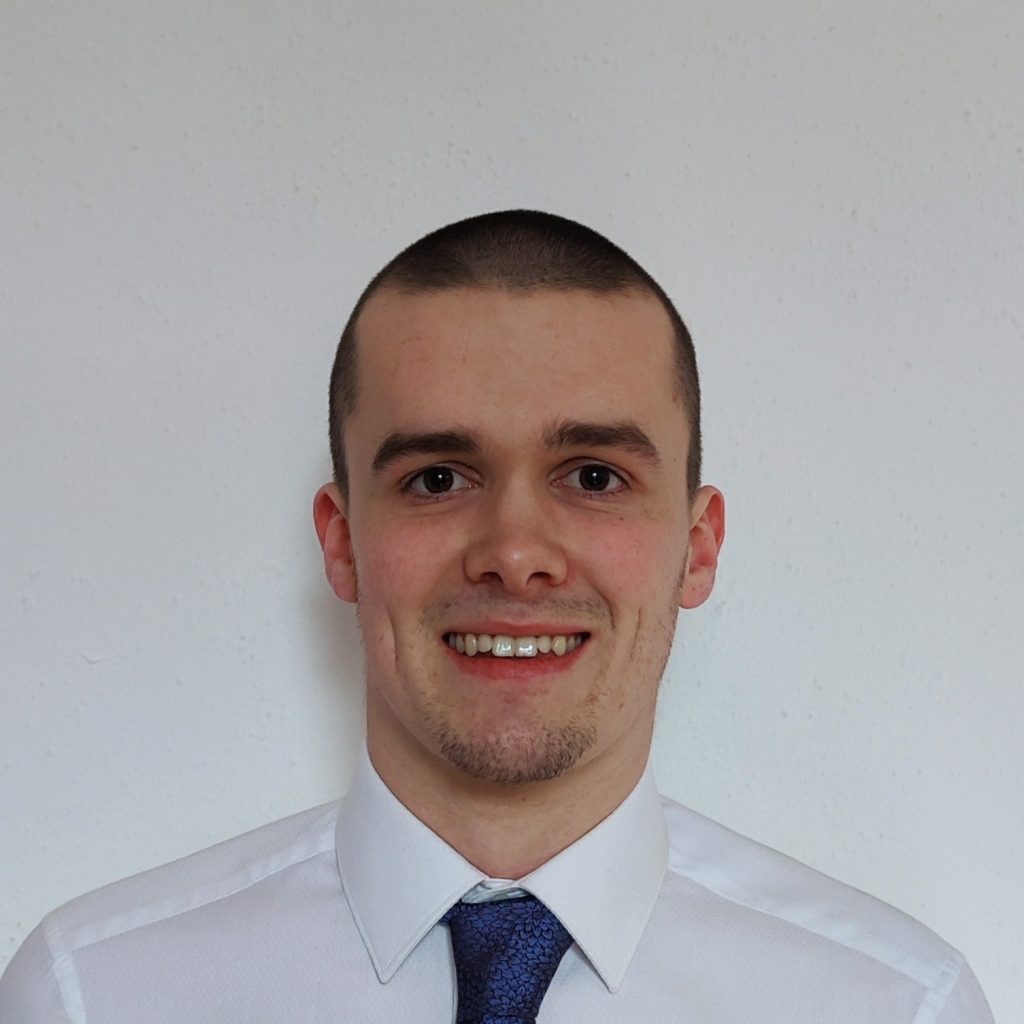This week I ‘met up’ with QUOD colleague Lewis Simmonds, of NHS Blood & Transplant. Lewis is a statistician and provides QUOD with the data required for researchers.
Lewis joined the QUOD family in July last year after graduating from Bristol University with a First-Class degree in Maths and was given the task of streamlining the way QUOD’s data is gathered and extracted.
When a research scientist requests clinical data (for example donor, retrieval and recipient follow up data) to go alongside samples from QUOD, they must first select the data variables appropriate to their research question, which are listed on the QUOD website. This process then generates a spreadsheet that is communicated to our QUOD Data Coordinator here in Oxford, who then completes the data access request and sends it over to Lewis so that he can extract the requested data from the NHSBT database.
When Lewis first joined us in the summer this process was rather lengthy and variables were colour coded into categories according to the lead times to receive the data, these were anything from under a month to more than three months. This system has worked well until now, but as QUOD has become more well known, its activity has increased and the requests for samples have multiplied. Lewis has turned this around by building a new database that produces the information easily at the click of a button, that will eventually be able to be run by any member of trained NHSBT staff within a much shorter timescale. It has taken quite some work to harmonise the data into a uniformly functioning format with fine tuning of the interactions between bodies of data but he says this work is almost complete. In just 6 months Lewis has transformed the process and QUOD is ready for action! He will continue to work with QUOD to make changes to the website and before long researchers will be able to reap the benefit.
I asked him if he had learned his skills during his university studies. He told me that he had learned Python, R, SQL and SAS, all of which are high level programming languages, at university but it is his fascination with how programmes interact with data structures and tables that led him to play around with programming in his spare time, testing his theories in developing games amongst other things. His latest interest has expanded to website design and how the information that a website user taps into an interface is routed behind the scenes to create datasets, purchases, bookings or information collection. He told me he has always been interested by how different systems can work together and loves exploring the possibilities to render systems compatible to a desired purpose.
Lewis is based in Bristol and like a lot of us is still working from home though he enjoys going into the office one day a week. The thing he likes best about his role is the creative freedom he has to seek out ways to improve systems and increase efficiency. When he first took on the role, the biggest challenge was to familiarise himself with the many databases and their different properties in terms of function, formatting and location.
The most unusual thing Lewis has done in a job was when he was still at school. As a fresh-faced sixth former he helped a friend run a mail/internet order business selling glowsticks, glow ears, flashing dog collars, baseball caps and light up bouncy balls!
In his spare time, other than tinkering with programming he is very keen on music with a particular penchant for Drum & Bass which has led him to DJing in and around Bristol on the weekends. In lockdown he developed a taste for Hip Hop and Rap and he also enjoys cycling and a round of golf!


